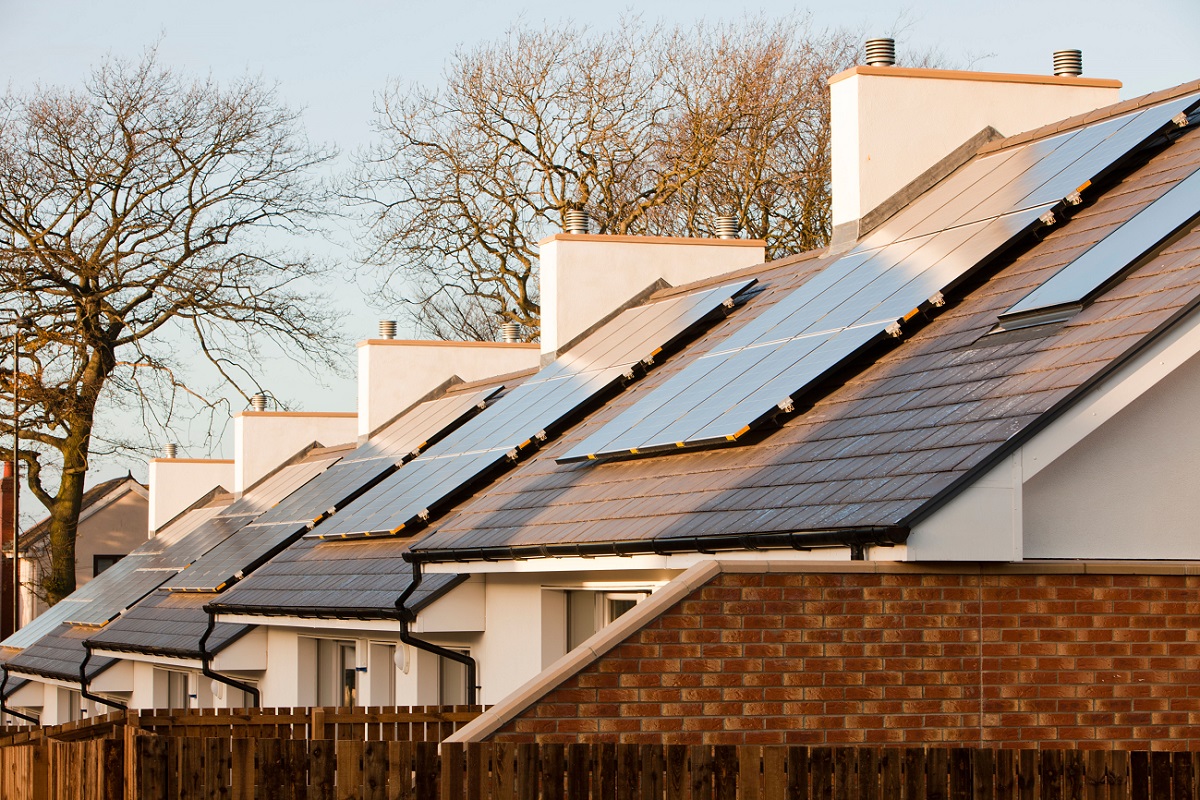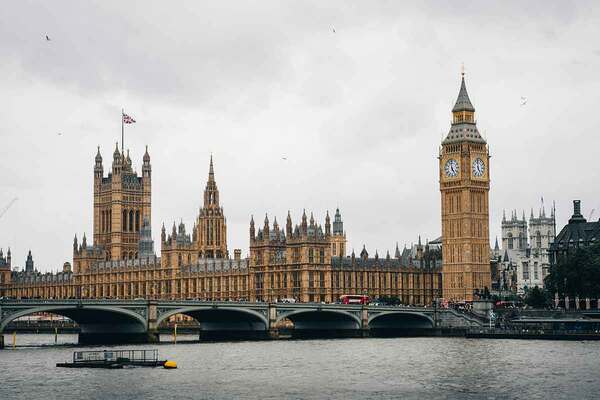NHF calls for government to release entire £3.8bn decarbonisation fund at next fiscal statement
The National Housing Federation (NHF) has called on the government to release the full £3.8bn Social Housing Decarbonisation Fund (SHDF) in the Autumn Statement.
In open letters to both Jeremy Hunt, chancellor of the exchequer, and Claire Coutinho, secretary of state for energy security and net zero, the organisation called for Wave 3 of the SHDF to “come forward imminently to enable social housing providers to continue the good work they are doing to decarbonise their properties”.
Wave 1 of the fund opened in August 2021, with £160m offered to local authority landlords and housing associations bidding as part of a local authority-led consortium.
It followed a “worst-first, fabric-first, lowest-regrets approach” to improving the energy efficiency of the worst-performing homes.
In March this year, Wave 2.1 allocated £778m to improve the performance of 90,000 social homes rated at an Energy Performance Certificate (EPC) of Band C and below.
The letter also called on the government to make a long-term commitment to securing the full remaining SHDF beyond 2025 from the £6bn allocated in last year’s Autumn Statement.
“This would unlock supply chains and provide the regulatory certainty for housing associations to plan, contract for and deliver the large-scale retrofit projects required to meet net zero by 2050,” said Kate Henderson, chief executive of the NHF, in her letter.
Housing associations are working to get all of their homes upgraded to EPC C by 2030, with 69.8% of the sector’s properties currently meeting this standard.
Ms Henderson’s letter called for a consultation on minimum energy-efficiency standards (MEES) in the social housing sector, adding: “Any legislative targets proposed will need to be aligned with housing associations’ current decarbonisation strategies and matched with adequate levels of funding to ensure social housing providers have the resources to meet any new obligations.”
She added: “A reformed EPC metric would also help to ensure the right retrofit measures are incentivised, facilitating a ‘no regrets’ approach to this work and aligning MEES with the approach followed by government funding programmes such as the SHDF, as well as government’s 2050 net zero target.”
A Department for Energy Security and Net Zero spokesperson said: “The UK is a world leader on net zero, cutting emissions faster than any other G7 country, and we will press forward with our ambitions while protecting families from rising costs.
“Thanks to government support, the proportion of homes in England with an EPC rating of C or above is up from 14% in 2010 to 47% in 2022.
“An additional 300,000 of the UK’s least energy efficient homes are in line for improvement under the new Great British Insulation Scheme and we have committed £6.6bn towards upgrades this parliament, with a further £6 billion from 2025.”
Sign up for our asset management newsletter
Already have an account? Click here to manage your newsletters












